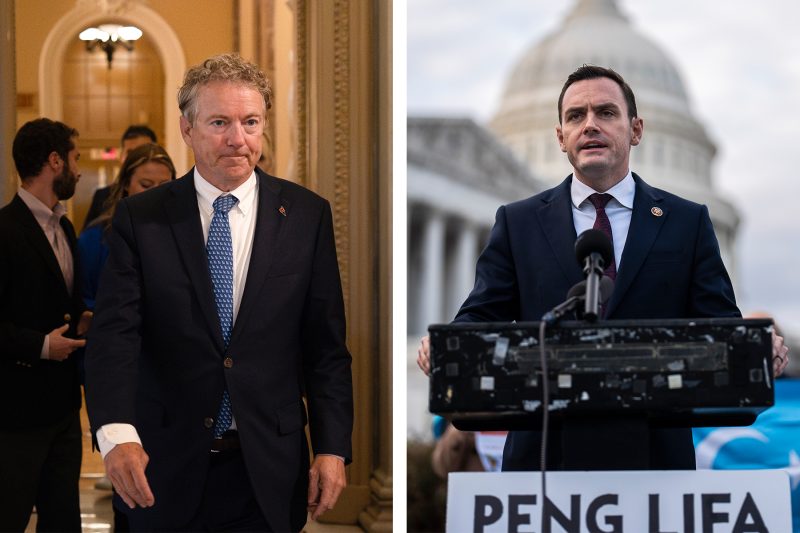The House recently passed the TikTok bill, aiming to address concerns related to data protection and national security. This move comes amid increasing scrutiny of social media platforms, particularly those owned by Chinese companies. The legislation seeks to regulate how tech platforms handle user data and the potential security risks posed by foreign-owned apps.
One of the key provisions of the bill is the requirement for companies like TikTok to store US user data on servers based in the United States or in allied countries. This is a direct response to fears that Chinese companies may be compelled to share data with the Chinese government under the country’s strict data laws. By mandating the storage of data in more secure locations, the bill aims to mitigate these risks and protect American users’ privacy.
In addition to data localization requirements, the bill also seeks to increase transparency around how tech companies collect and use data. It calls for more stringent oversight and reporting mechanisms to ensure that user data is being handled responsibly and in compliance with privacy laws. This level of transparency is crucial in building trust between users and platforms, especially given the growing concerns about data breaches and misuse.
Furthermore, the bill proposes measures to enhance cybersecurity practices among tech companies. This includes provisions for regular security audits and assessments to identify and address vulnerabilities in their systems. By prioritizing cybersecurity, the legislation aims to reduce the likelihood of data breaches and cyber attacks that could compromise user data and national security.
However, the Senate faces a challenging road ahead in passing the TikTok bill. With partisan divides and competing priorities, getting the necessary support to push the legislation through may prove difficult. Additionally, concerns have been raised about the potential impact of the bill on innovation and competition in the tech industry. Striking a balance between protecting user data and fostering a competitive market will be a key consideration for lawmakers moving forward.
Despite these challenges, the passage of the TikTok bill by the House marks an important step towards strengthening data protection and cybersecurity measures in the tech sector. By addressing the risks posed by foreign-owned apps and enhancing accountability and transparency, the legislation aims to safeguard user data and national security interests. The Senate’s deliberations on the bill will be closely watched as the tech industry grapples with evolving threats and regulatory pressures in the digital age.
